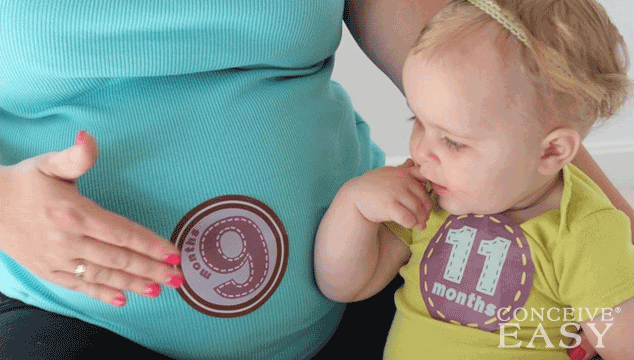It’s no secret that scientists and researchers have been searching furiously to find a cause for autism, as the condition continues to become more and more prevalent and continues to affect more and more of our children. Now, some researchers think they have found a link between closely spaced pregnancies and the prevalence of Autism. Claim Your 20 Free Pregnancy Tests – Click Here

The latest study on this subject was done by researchers at Columbia University in 2011. The study’s findings were quite surprising. Younger siblings who were born within one year of an older sibling showed a three-fold higher risk of having autism than other children who were born more than three years after an older sibling. Similarly younger siblings born between 12-23 months after an older sibling had a risk of developing autism that was two times higher than siblings with a larger age gap. “That there is a three-fold increase in risk of autism is obviously shocking, and dramatic,” says Dr. Andy Shih, vice president of scientific affairs for Autism Speaks. “But it is very plausible given what we know about reproductive physiology.”

This study is quite revealing because it shows us that there is definitely something in a mother’s uterine environment that we need to pay attention to. There is something that happens to a woman’s uterine environment in the years immediately following a pregnancy that it takes some time to recover from, but we don’t know what that is exactly.
It could be a nutrient deficiency, such as folate, or some other nutrient, but no one knows for sure. At this point, doctors say there is no scientific evidence that delaying a second pregnancy would decrease the chance of having a child with autism, but more research should definitely be done on this subject.

Doctors say while there is no definitive answer on whether closely spaced pregnancies can cause an increased chance of autism, doctors say that they do know for sure that closely spaced pregnancies can increase the chance of other health and mental issues. For example, schizophrenia is more common in younger siblings who were born in a short period after their older siblings. Developmental delays can also be caused by a lack of proper nutrients after a mother gives birth to multiple children in a short period of time.

While this study is not screaming from the rooftops that women should wait at least three years in between children, most experts agree that women need to give their bodies time to heal before attempting another pregnancy. The average recommendation is that women give their bodies 24 months to heal before having another baby, which gives a mom time to rest and recover and build her body back up to healthily support another baby.










Comments